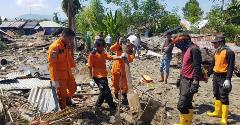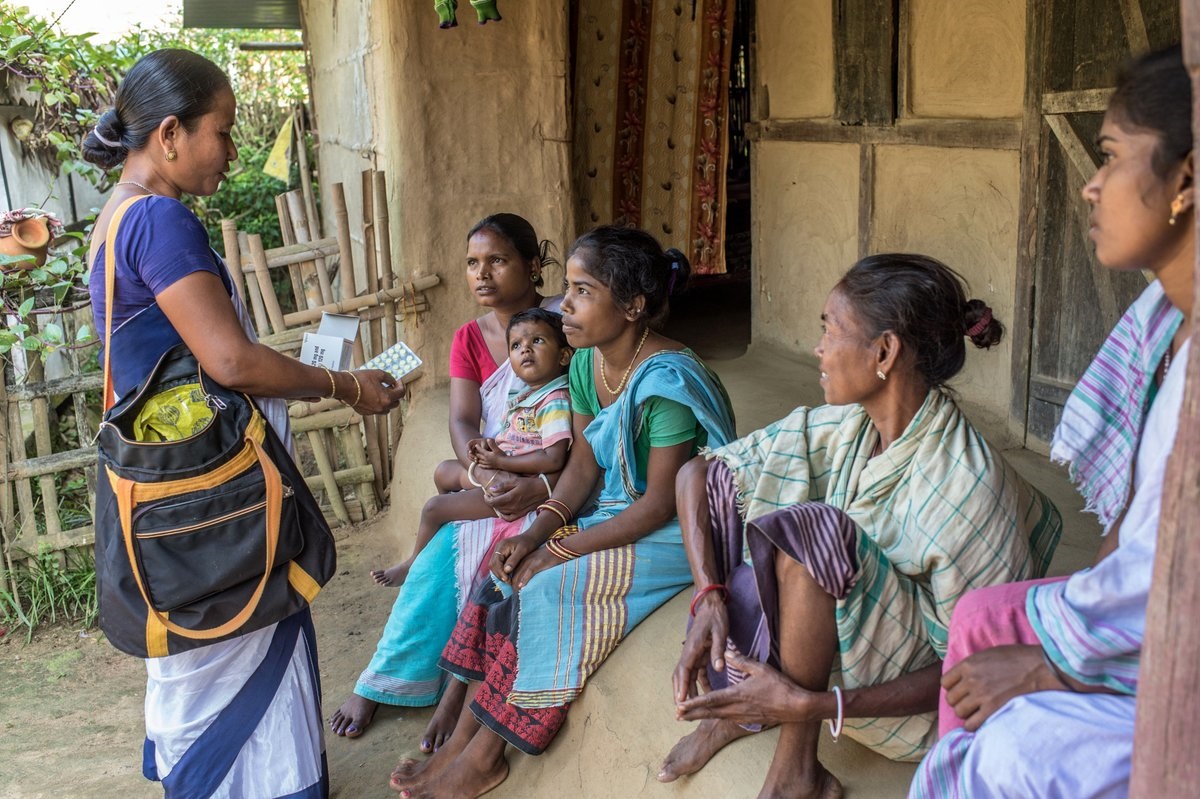
Expanding palliative care
Overview
Palliative care is a crucial part of integrated, people-centred health services. Relieving serious health-related suffering, be it physical, psychological, social, or spiritual, is a global ethical responsibility. Thus, whether the cause of suffering is cardiovascular disease, cancer, major organ failure, drug-resistant tuberculosis, severe burns, end-stage chronic illness, acute trauma, extreme birth prematurity or extreme frailty of old age, palliative care may be needed and has to be available at all levels of care. It is estimated that globally only 14% of patients who need palliative care receive it; In South-East Asia availability of palliative care is generally suboptimal and palliative home care is available only in small pockets across most countries. To achieve Sustainable Development Goal 3, working towards universal health coverage, countries have to strengthen palliative care services.
WHO works with countries to include palliative care as a key part of their health systems. To improve equitable access to palliative care services, emphasis is given to a Primary Health Care approach. Assessment tools have been developed to measure progress made. Strong partnerships are in place to develop and implement technical guidance, to strengthen capacity and to disseminate information. Countries in the South-East Asia are being supported directly and through the collaborating centres in strengthening Palliative care.







